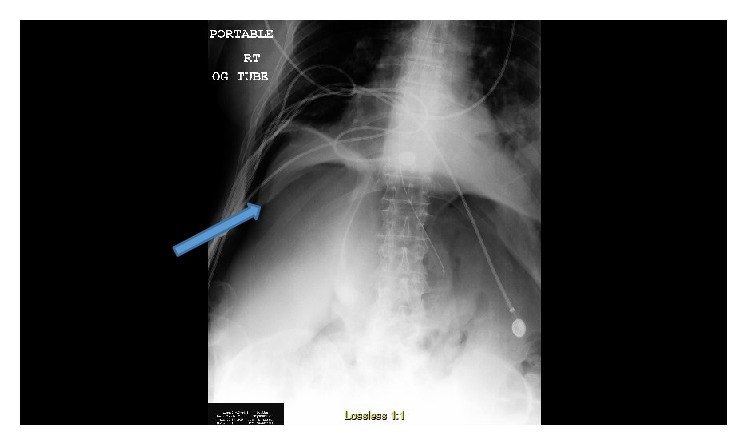Playlist
Show Playlist
Hide Playlist
Chronic Obstructive Pulmonary Disease (COPD)
-
Slides COPD ChronicCare.pdf
-
Download Lecture Overview
00:01 All right. 00:01 Let's discuss chronic obstructive pulmonary disease. 00:04 We have a lot of information to get through. 00:05 We’ll start with the definition, spend a lot of time on diagnosis and treatment too. 00:09 All right. 00:11 So, from the Global Initiative for Chronic Obstructive Lung Disease or the GOLD management guidelines, which are really the gold standard for the diagnosis and management of COPD, how they define COPD? So, first of all, there is airflow limitation and it’s not reversible. 00:29 So, that's why spirometry is so critical for these patients to demonstrate that. 00:34 It's usually progressive unfortunately. 00:37 It’s associated with an abnormal pulmonary inflammatory response to noxious stimuli and, very importantly, is defined by an FEV1 over FVC ratio of less than 0.7. 00:48 So, that’s the simple diagnosis of COPD for you. 00:52 In terms of where it occurs and how frequently it occurs in the United States, still very common, but decreasing in prevalence thankfully. 01:00 6% of US adults have COPD. 01:03 It’s, of course, very much related to the rates of smoking in a given area. 01:09 You can see that in the eastern and southern United States, rates of COPD are higher because rates of smoking are higher essentially there. 01:21 So, let’s look at a case just to talk about some of the diagnosis and potential treatments for COPD. 01:28 This is Robert. 01:29 He's a 70-year-old male. 01:31 He complains of regular dyspnea that limits his walking to two blocks. 01:34 Nice use of a functional assessment in there. 01:37 And it affects his activities, daily living. 01:40 So, we know he has at least moderate disease. 01:43 He has mild shortness of breath at rest. 01:44 He is using albuterol four times daily, which is a lot. 01:48 Frequent cough, usually with mild phlegm. 01:51 His past medical history includes hypertension and hyperlipidemia. 01:55 Now, I see that he is getting albuterol MDI, but he’s also taking amlodipine. I assume that's for hypertension. 02:01 Carvedilol is an interesting one because that's frequently used for heart failure as well as an aspirin a day. 02:06 Now, he is a former smoker who quit smoking five years ago, but he had been using for 40 pack years. 02:11 So, long time. 02:12 He rarely consumes alcohol. 02:15 And here’s his vital signs. 02:17 So, his blood pressure is high. 02:19 His respiratory rate is normal, but his saturation on room air for oxygen is fairly low. 02:24 You’d find on his exam he has a diffuse wheeze, but no rhonchi. 02:28 And his peak flow is also depressed, 350. 02:31 Peak is a decent measurement that approximates FEV1.
About the Lecture
The lecture Chronic Obstructive Pulmonary Disease (COPD) by Charles Vega, MD is from the course Chronic Care.
Included Quiz Questions
Which of the following is the most important risk factor for chronic obstructive pulmonary disease, worldwide?
- Smoking
- Sex
- Atopy
- Asthma
- Tuberculosis
According to the Global Initiative for Chronic Obstructive Lung Disease (GOLD), what is the defining ratio of FEV1/FVC for confirmation of chronic obstructive pulmonary disease (COPD)?
- Less than 0.70
- Less than 0.75
- Less than 0.80
- Less than 0.85
- A ratio of FEV1/FVC is not required for the confirmation of COPD.
Customer reviews
5,0 of 5 stars
| 5 Stars |
|
5 |
| 4 Stars |
|
0 |
| 3 Stars |
|
0 |
| 2 Stars |
|
0 |
| 1 Star |
|
0 |




